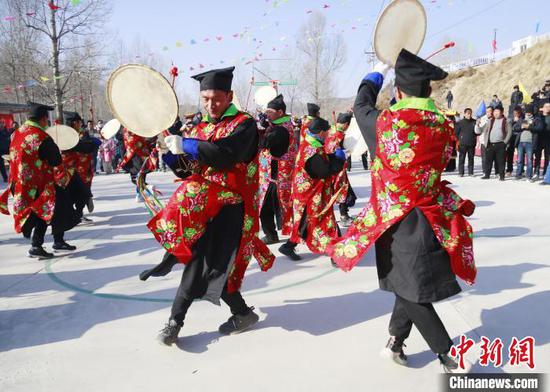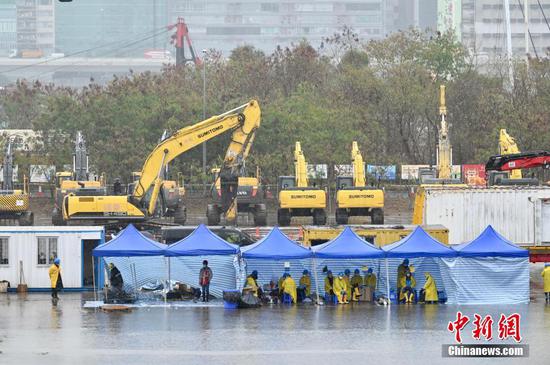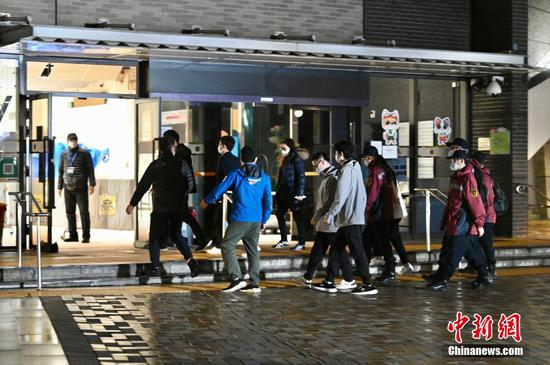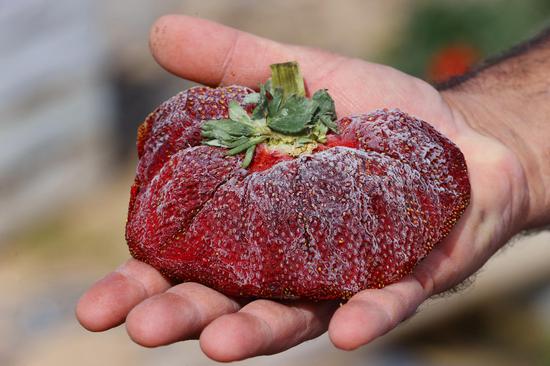The Australian state of New South Wales (NSW) has decided to scrap mask mandate rules for students at schools while the COVID-19 infections continue to increase in the state.
From Feb. 28, masks will no longer be required in high schools for students or staff in NSW. Schools will be able to welcome more visitors onto campuses, including parents, and will resume activities such as assemblies and school camps.
The mandatory mask-wearing requirement will also be lifted for teachers and staff at primary schools and childcare centers from March 7.
NSW Education Minister Sarah Mitchell said schools would return to "pretty much normal" next week, as transmission in schools is "extremely low."
However, some experts are still concerned it would be too early to ease the restrictions.
Lidia Morawska, director of the International Laboratory for Air Quality and Health at the Queensland University of Technology, told Xinhua that even if there are very good ventilation, there's still a lot of infections within the community, and if people sit in close proximity like public transport or hospitality venues, the probability of infection in such situation with a very highly infectious virus like Omicron is very high.
"Removing completely restrictions without thinking about the consequences of this will make life easier for yourself, but others will be dying because of this," she said.
The state recorded 8,931 new cases on Wednesday, with 1,246 people in hospitals. The daily increase of community cases made a big jump from Monday's 4,916 to Tuesday's 8,752.
Though 94.3 percent of NSW residents aged 16 and over have had two doses of a COVID-19 vaccine, less than half of the children aged 5 to 11 have received their first jab. And 79 percent of juniors aged 12 to 15 have had two doses of COVID vaccines.
"The Omicron outbreak is not over. The removal of restrictions, such as indoor masks, will lead to a spike in infection and increase the pressure on healthcare burden," said Gaetan Burgio, an expert in infectious diseases from the Australian National University College of Health and Medicine.
"Given the (national) number of cases still oscillates around 10,000 or 20,000 per day, the observed outbreaks are in majority in schools, where the vaccine coverage is relatively low," Burgio told Xinhua.


















































 京公网安备 11010202009201号
京公网安备 11010202009201号